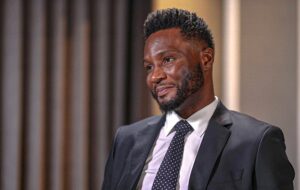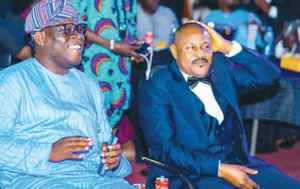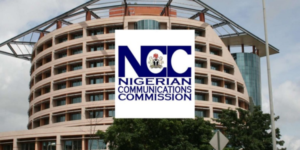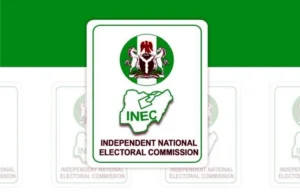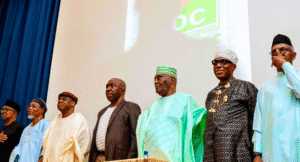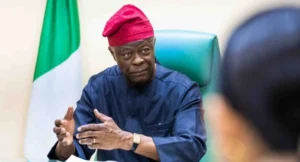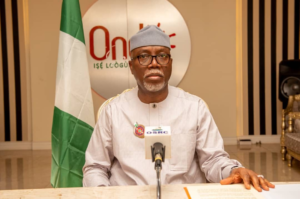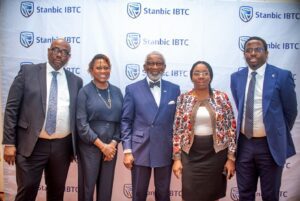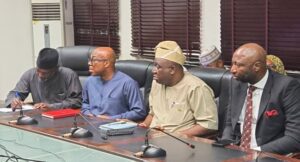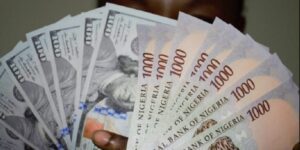President Bola Tinubu is set to hold urgent talks with leaders of Nigeria’s power-generating companies (Gencos) in a bid to resolve the country’s deepening electricity debt crisis, a 9am News report has confirmed.
The intervention comes after a crucial meeting last week between Minister of Power Adebayo Adelabu and the Gencos’ chairmen in Abuja, where concerns were raised about a potential national grid collapse due to liquidity challenges. The Federal Government reportedly owes over N4 trillion to the Gencos, with fears mounting over the sector’s sustainability.
A statement from the Power Ministry on Sunday noted that immediate steps would be taken to reduce the outstanding debts, which include N2 trillion owed for power supplied in 2024 and an additional N1.9 trillion in legacy debts.
The Minister’s Special Adviser on Strategic Communications and Media Relations, Bolaji Tunji, said the Federal Government is ready to settle a significant portion of the debts immediately, with the remainder to be paid using promissory notes over the next six months.
“There is a need to pay a substantial amount of the debt in cash. At the minimum, let us pay a large part now, and settle the rest through debt instruments in promissory notes,” Adelabu stated.
He described the situation as a national emergency:
“We recognise the urgency. The government is fully committed to stabilising the sector to prevent a collapse.”
The date for Tinubu’s meeting with the Gencos is yet to be confirmed, as discussions with relevant stakeholders are ongoing.
Leading the Gencos’ delegation, Col. Sani Bello (retd.), Chairman of Mainstream Energy Solutions and the Association of Power Generating Companies, warned that the sector is on the brink of collapse:
“The debt burden has crippled our operations and limited access to funding for maintenance and infrastructure upgrades. Without urgent intervention, the entire power ecosystem could fail.”
Supporting this concern, Kola Adesina, Chairman of Egbin Power and First Independent Power Limited, said:
“This is a national emergency. Everything industries, hospitals, homes depends on power. We cannot allow the sector to fail.”
Adelabu also highlighted broader issues, noting that systemic failures and policy inconsistencies have worsened the crisis. He stressed that alongside debt repayments, the government is pushing for deep reforms to address operational hurdles.
He called for the full liberalisation of Nigeria’s electricity market and pressed for cost-reflective tariffs:
“Citizens must pay appropriate prices for the energy they consume. While the government will continue to provide targeted subsidies for vulnerable Nigerians, broad subsidies are no longer sustainable.”
Dr. Joy Ogaji, CEO of the Association of Power Generating Companies, outlined key challenges facing the sector including erratic gas supply, payment defaults, and foreign exchange volatility. She stressed that the naira’s steep devaluation from N157/$1 in 2013 to around N1,600/$1 has severely strained maintenance budgets and debt servicing.
“Gencos have borne unsustainable risks from grid failures to excessive taxation while remaining patriotic,” Ogaji said.
Adelabu revealed that new regulatory reforms are in the pipeline to enhance market stability and reduce operational levies. He urged Gencos to work with the government to improve public awareness about energy efficiency, consumption patterns, and tariff realities.
As Nigeria’s power sector stands at a crossroads, all eyes are now on the proposed presidential intervention, seen as critical to averting a deeper energy crisis.
Stay tuned to 9am News Nigeria for more Breaking News, Business News, Sports updates And Entertainment Gists.


